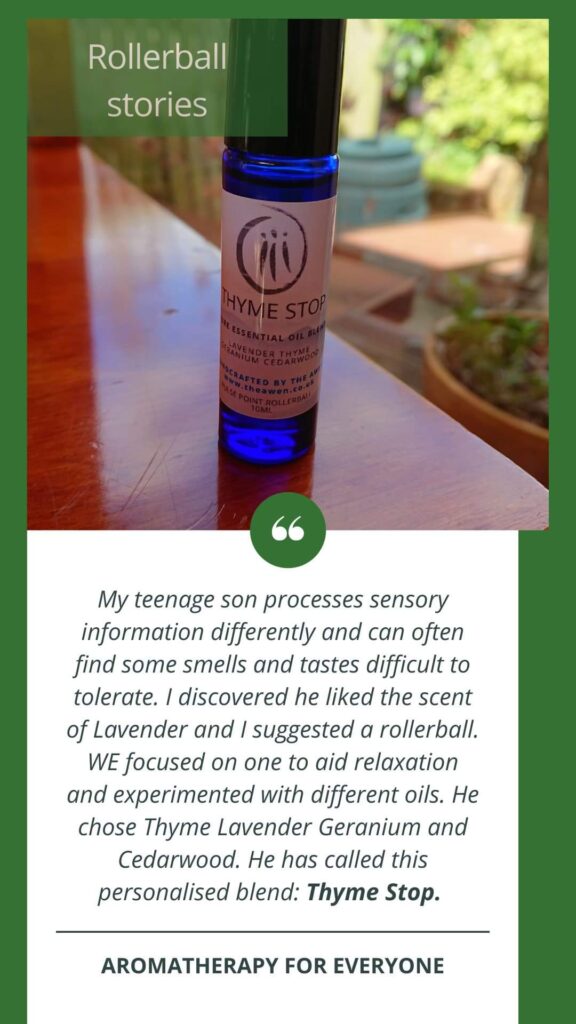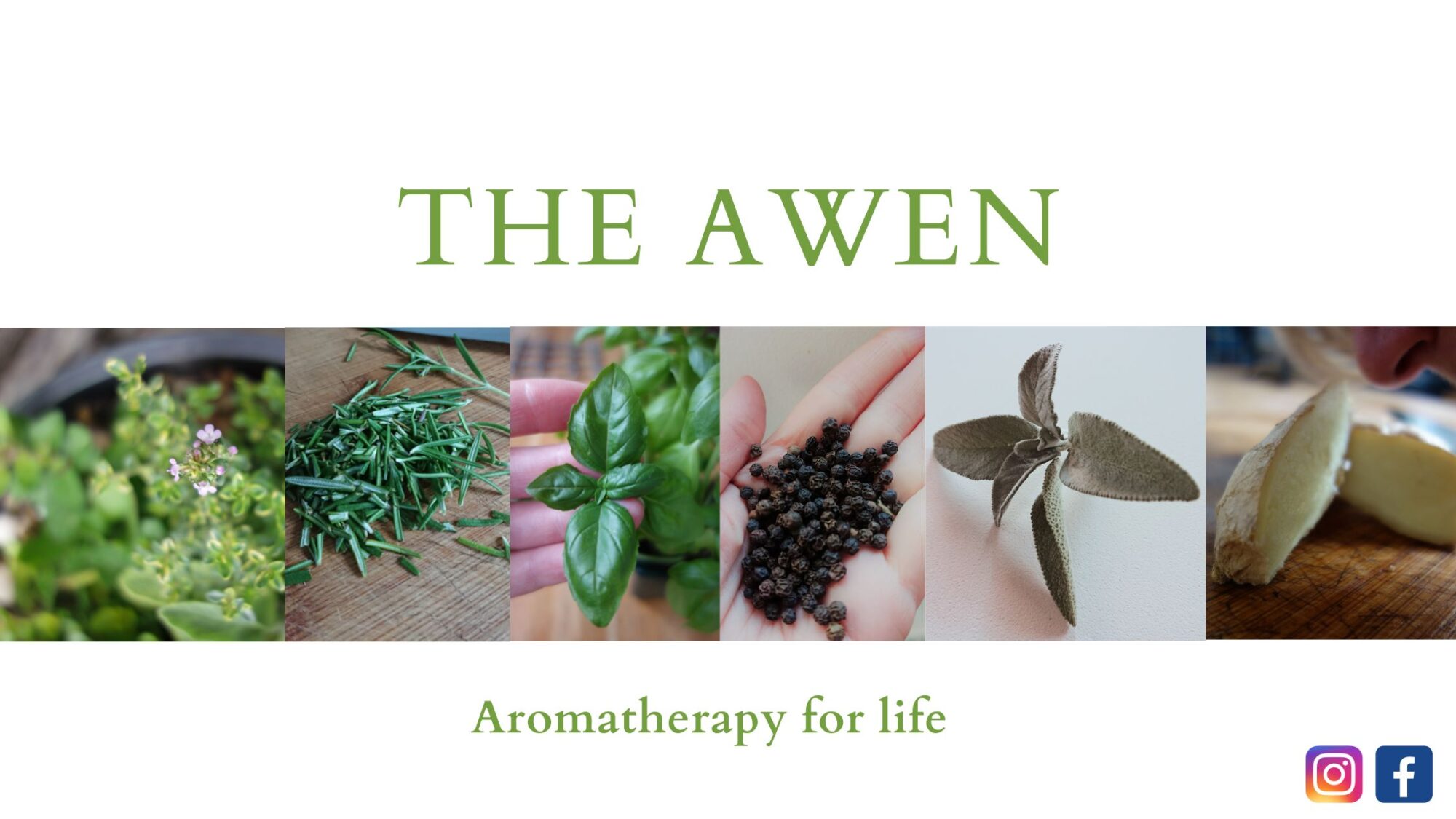
Skin: wound healing and homeostasis. How can essential oils help?
One of the ways essential oils enter our body is through skin absorption. In this blog post I am going to talk about how essential oils can help with tissue damage and healing with reference to the chemicals within oils which can relieve pain and inflammation.
When skin becomes damaged, the inflammation process occurs to try to retain homeostasis in the body. Homeostasis means regulation and balance. We can help the body/skin heal by supporting homeostasis using essential oils as they can support the natural healing process which in turn can help reducing unsightly scarring.

A good way to understand how the body retains homeostasis is to think of how we control body temperature. A healthy body temperature is 37 degrees centigrade and this is regulated through our hypothalamus (located in our brain). If we get too hot, signals are sent to our sweat glands to cools us down; if we get too cold, signals are sent to our muscles to contract and shiver, retaining warmth.
These communication processes can occur to regulate other situations like skin damage. The body repairs the skin by replacing keratinocytes (skin cells found in the epidermis). Keratinocytes protect soft tissue as well as preserving us against infection. In addition to this, our skin has many sensory receptors too which respond and interact with the environment and communication to and from the brain. When the skin is healing it is trying to retain homeostasis – balance – through effective communication as well as reducing pain and inflammation. Evidence suggests that the molecules found in essentials can help homeostasis, ensuring effective healing by supporting cell regeneration, reducing inflammation and taking the skin back to its natural state.
Oils rich in Limonene, Alcohols, Pinene, Thymol, Bornel and Terpineol all have wound healing actions. Here are some symptoms and oils to help with skin damage, retain homeostasis and enable healing:
Acne: Bergamot, Lemon, Thyme, Tea tree, Lavender, Rosemary, Cedarwood, Sandalwood
Burns: Eucalyptus globulous, Tea tree, Chamomile, Geranium, Patchouli
Eczema: Bergamot, Thyme, Chamomile, Lavender, Cedarwood, Sandalwood, Patchouli
Stretch marks: Lemon, Mandarin, Tea tree, Chamomile, Vetiver, Frankinscense
Check with a qualified Aromatherapist before use in terms of allergies and dilution.
